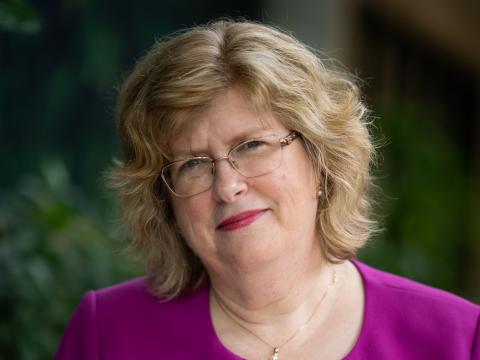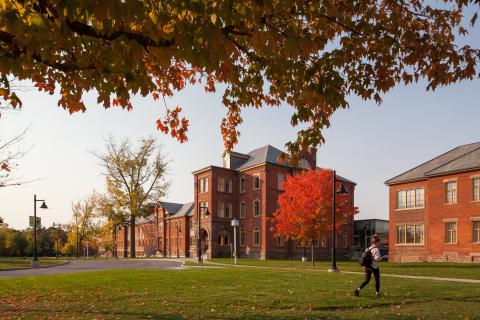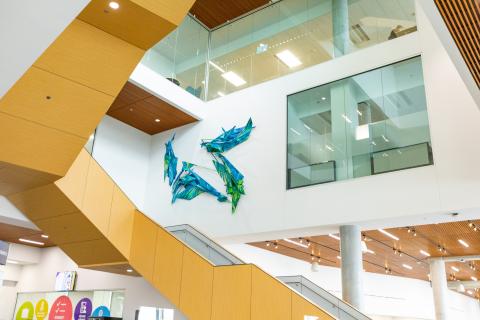Combatting Anti-Indigenous Racism through Education and Engagement
On September 26, Joyce Echaquan, a 37-year-old Atikamekw woman from Manawan was admitted to hospital in Quebec. While there, she received racist taunts from staff and later passed away from her illness. This tragedy is heartbreaking and unspeakable.
Ena Chadha, Chief Commissioner of the Ontario Human Rights Commission released a statement earlier this month entitled, “The Critical Juncture of Hate.” In it, she highlights that while society as a whole has recently become more aware of the prevalence of systemic racism, the global pandemic has seemingly emboldened many people to announce and act upon their bigotry.
In previous messages, I have reaffirmed that Humber stands firmly against all forms of racism, discrimination and hate. It bears repeating.
We are committed to creating an environment in which there is equity, and individuals feel safe to work and learn as they are. We are working to enrich our campus communities by integrating Indigenous knowledges into the classroom and curriculum. This most recent tragedy is a reminder that we must continue our work and much more must be done.
Our Indigenous Education and Engagement department is helping us move forward with many key initiatives. Among these, is our new Truth and Reconciliation cultural awareness training, designed to give Humber faculty and staff the opportunity to learn more about the historical and current context of Indigenous peoples.
We are Indigenizing curriculum as part of Humber’s Strategic Plan and Academic Plan, so all students can learn from Indigenous ways of being, knowing, and doing and use that understanding in their future careers. We have hired an Associate Dean and Indigenous Research Fellow to support these efforts and help evolve our approaches to teaching and learning. Consider the impact we can have through polytechnic education, knowing we are educating the healthcare workers, police officers, business and tech leaders, journalists and artists that will help shape our society.
We are finding new ways to support Indigenous students in developing their skills and telling their stories. Humber’s Indigenous Transmedia Fellowship brings together five Indigenous Humber students from various disciplines to create transmedia work. This year, the group worked on a short film about Indigenous identity, entitled, “Native Enough.” The powerful film was selected to be featured recently in Nuit Blanche and provides us all with an opportunity to reflect on what it means to be Indigenous. You can read more about this important project in this Humber Today story.
We know the way forward is to work every day to build mino nawendiwin (good relationships). This will be a priority of Humber’s Indigenous Education Plan along with knowledge sharing, mutual respect and understanding. By providing education and opportunities to learn from the lived experiences of those in our community and beyond, we will continue to put our values into action.



